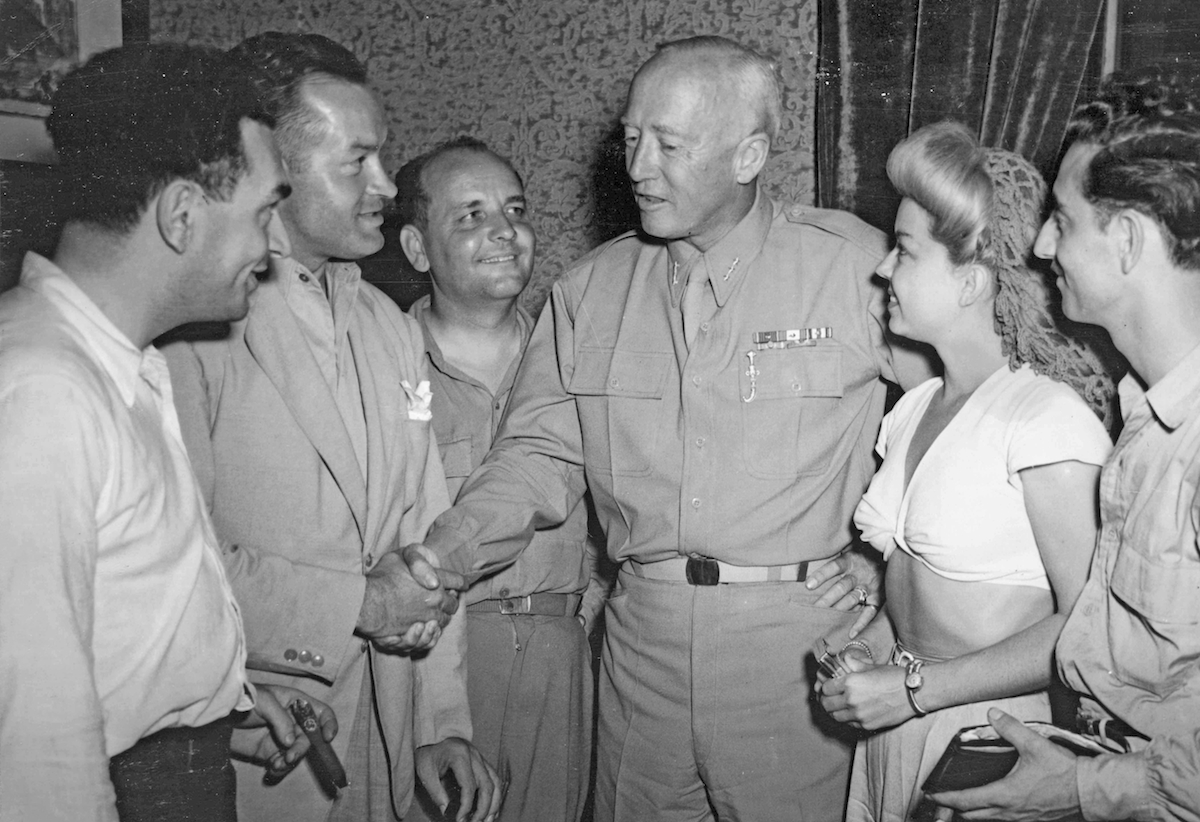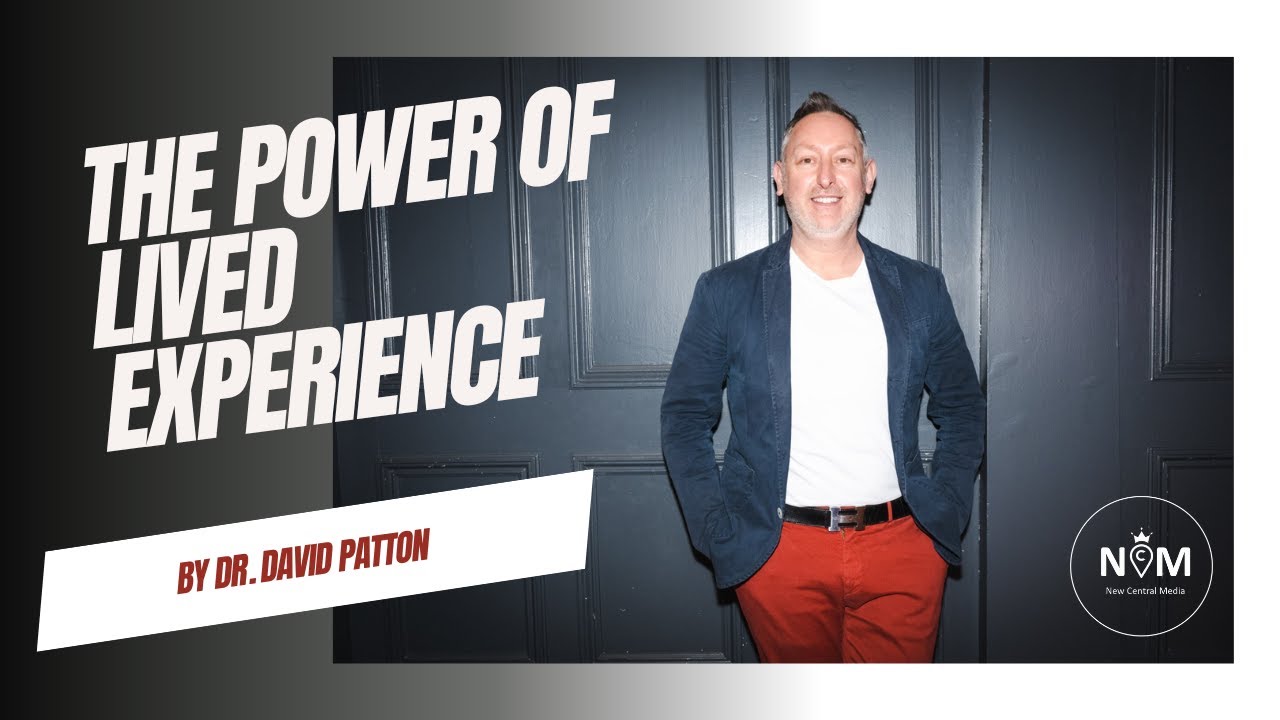So, you ever been in a situation at work where things just felt… out of control? Like everyone’s running around, but nothing’s actually getting done? Yeah, I’ve been there. And that’s when I sort of stumbled into, or rather, was thrown into what I privately started calling the “Patton David” phase of my life. Not an official term, mind you, just what I called it because it felt like a relentless march led by an unyielding general (the Patton part) combined with some annoyingly meticulous, almost painful planning (the David part).

It all started with this one project. Oh man, that project. It was supposed to be the next big thing for the company, but it was quickly becoming the next big headache. We were behind schedule, over budget, and the team was just… tired. Morale was pretty much in the basement, playing poker with the dust bunnies. We’d have meetings, and everyone would nod, but then nothing would change. It was like wading through treacle.
The Hammer Drops
Then, one Monday, the higher-ups decided enough was enough. They didn’t call it “Patton David,” of course. They called it “strategic realignment” or some other corporate fluff. But what it meant was a complete shake-up. Suddenly, it was all about ruthless efficiency. My manager, a usually pretty chill guy, started talking about “non-negotiable deliverables” and “zero tolerance for slippage.” It was like he’d been replaced by a very stern robot.
My role in all this? I got tasked with trying to make sense of the core reporting module, which was a mess of old code and new, poorly documented features. The “Patton David” approach for me meant:
- Daily deep dives: Forget quick stand-ups. These were intense sessions where every line of code, every task, was scrutinized. I had to justify every hour spent.
- Cut, cut, cut: Any feature that wasn’t absolutely critical? Gone. Any nice-to-have UI tweak? Not a chance. We stripped things back to the bone. It felt brutal, like tearing apart something you’d painstakingly built.
- Constant pressure: The deadlines were aggressive. Unreasonably so, I thought at the time. I remember working late nights, fueled by stale coffee, thinking this was just a recipe for burnout. My kitchen counter looked like a command center for a very small, very stressed army.
I’m not gonna lie, the first few weeks were awful. I seriously considered just walking away. I’d come home, completely drained, and just stare at the ceiling. There was this one particularly nasty bug in the data aggregation part, something about incorrect timestamp handling, that just wouldn’t die. I spent three solid days on it, barely sleeping, feeling like a total failure because the “Patton David” way meant you just had to fix it, no excuses.
Seeing a Glimmer
But then, slowly, something started to change. It was weird. Because we were so focused, so stripped down, we actually started making progress. That horrible timestamp bug? I finally nailed it. It was a stupid, tiny oversight in a legacy library, but finding it felt like winning a major battle. Then, the core reporting module, the one I was wrestling with, started to actually generate accurate reports. Small victories, right? But they felt huge.

The team, even though we were all stressed, started to communicate more directly. There was no time for fluff. Problems were raised, solutions were thrashed out, and we moved on. It wasn’t pleasant, but it was… effective. In a really harsh way.
We didn’t hit all the crazy deadlines, not by a long shot. And the “Patton David” approach definitely took its toll. We lost a couple of good people who just couldn’t handle the constant pressure. And I wouldn’t say it made the project a resounding success in the end, but it did pull it back from the brink of absolute disaster. We delivered something functional, something that actually worked, even if it wasn’t the grand vision we started with.
So, what did I learn from my “Patton David” experience? Well, I learned that sometimes, a bit of that tough, no-nonsense approach can be necessary to cut through chaos. It’s not a sustainable way to work, not in the long run. People aren’t machines. But for a short, sharp shock? Maybe. It also taught me the value of really, truly focusing on what’s important and being ruthless about cutting out the noise. And honestly, it made me appreciate the calmer, more collaborative days a whole lot more. It’s an experience I wouldn’t want to repeat too often, that’s for sure, but I can’t deny I learned a lot about what I, and a team, can do when pushed to the absolute limit. You just hope you don’t have to live there.
